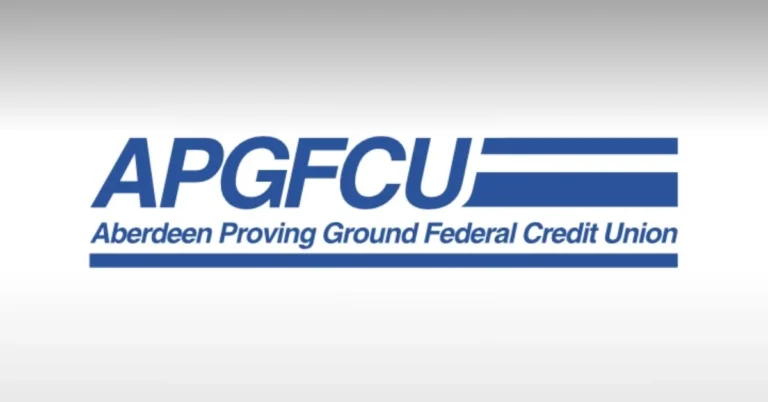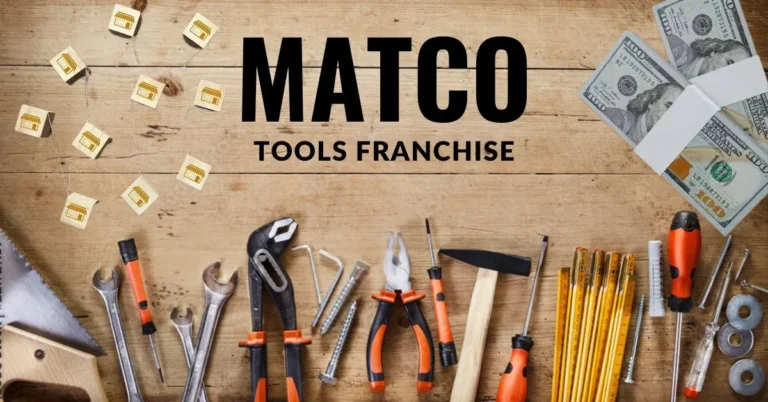LTL Freight Consolidation: Optimizing Shipments for Cost Savings
LTL (Less Than Truckload) freight consolidation is an innovative shipping strategy designed to maximize efficiency and significantly reduce transportation costs. Shippers can make the most of available space by merging multiple smaller shipments into a single truckload, ensuring that trucks are as complete as possible. This optimizes logistics efficiency and reduces the expenses of transporting multiple partial loads. It’s revolutionary for supply chain and logistics professionals and fits nicely with contemporary environmental objectives. Resources about LTL freight provide in-depth insights into its practical applications and advantages in today’s market.
Businesses that find it difficult to load a complete vehicle find this strategy especially beneficial. With LTL freight consolidation, these companies can share the cost of transportation with others, thereby paying only for the space they utilize. This strategy not only leads to significant cost savings but also supports eco-friendly practices by reducing the number of vehicles on the road. This approach is increasingly vital as businesses seek to meet environmental regulations and reduce their carbon footprints making LTL consolidation a strategic choice for future-focused companies.
Key Takeaways
- LTL freight consolidation offers significant cost-saving opportunities for shippers.
- Optimizing shipments not only reduces costs but also enhances delivery efficiency.
- By utilizing strategic partnerships and technology, companies can streamline their logistics operations.
Benefits of Consolidation
Beyond the clear financial advantages, LTL shipping consolidation brings several noteworthy benefits. By dividing logistics costs among multiple clients, shipping becomes more affordable, particularly for businesses that ship less than truckload quantities. Shared logistics translates to reduced transportation expenses and increased operational efficiencies. Companies no longer need to worry about underutilized truck space or bear the total cost of a half-empty trailer.
This efficiency also extends to delivery times. Fewer trucks on the road result in faster delivery times, as consolidated shipping routes are often more direct and streamlined. Reduced reliance on numerous small shipments minimizes logistical complexity, leading to a smoother supply chain. Companies can therefore ensure more reliable delivery schedules, enhancing customer satisfaction and fostering loyalty.
Additionally, the environmental benefits of consolidation are substantial. With fewer vehicles needed to transport goods, less fuel is consumed and emissions are significantly lowered. This helps companies meet corporate social responsibility goals and aligns with the growing societal demand for sustainable business practices. More companies are exploring shared logistics networks to achieve these dual goals of saving money and protecting the environment.
Strategies for Effective Consolidation
Strategizing for effective LTL freight consolidation requires foresight and detailed planning. Successful consolidation hinges on the ability to anticipate demand and coordinate shipments seamlessly. Companies should begin by analyzing shipment data to identify patterns and predict when consolidation will result in cost benefits.
- Advance Planning: Analyzing historical shipping data allows companies to proactively identify trends and plan consolidations. Preparation ensures that freight is moved efficiently, maximizing space use and minimizing costs.
- Partner Collaboration: It is crucial to build strong, collaborative relationships with logistics partners. With these partners, businesses can synchronize schedules and adapt to new opportunities for consolidation as they arise.
- Flexible Scheduling: Flexibility in scheduling enables companies to adapt to varying shipment sizes and timelines. This adaptability is critical to maximizing consolidation opportunities as demand fluctuates.
Technology’s Role in Freight Consolidation
Technology is a potent enabler of effective LTL freight consolidation, offering tools and systems that bring transparency and precision to logistics management. Transportation Management Systems (TMS) are vital, providing real-time insights into logistics operations and allowing for data-driven decision-making. These systems help optimize routes, monitor shipments, and manage logistics partners more effectively.
Additionally, integrating IoT (Internet of Things) devices within freight operations enhances the visibility and traceability of shipments. Real-time tracking of this visibility allows for superior logistics management, ensuring that deliveries remain on schedule and promptly address potential issues. Technological advancements improve operational efficiency and build trust with clients expecting cutting-edge service.
Predictive analytics, another technological frontier, can forecast shipment needs and adjust consolidation efforts proactively. Companies can better plan their logistics strategies by analyzing consumer trends and market dynamics, minimizing waste, and optimizing resources. Supply chains are rapidly evolving, and insights into how technologies are reshaping supply chains provide valuable guidance on future directions and enhancements within the industry.
Overcoming Common Challenges
Despite the clear advantages, companies embarking on LTL freight consolidation often encounter challenges. Complexities arise from coordinating shipments from various suppliers and balancing cost savings with delivery timelines, especially for industries with rapid turnaround requirements.
Effective communication and advanced planning are essential in overcoming these challenges. Companies should embrace a proactive approach and utilize real-time updates and logistics platforms to manage shipments dynamically. Flexibility and responsiveness in addressing unforeseen changes or disruptions in supply chains are crucial.
Additionally, investing in technology and fostering solid relationships with partners ensures logistics networks remain robust and resilient against potential setbacks. This multifaceted approach is invaluable in navigating the dynamic nature of modern supply chains and achieving success in consolidation efforts.
Future of Freight Consolidation
LTL freight consolidation has a bright future as it continues to change in tandem with environmental restrictions and technology improvements. As businesses strive to become more cost-effective and sustainable, consolidation will play a pivotal role in future supply chain strategies.
Emerging technologies like artificial intelligence (AI) and machine learning will strengthen consolidation efforts. These technologies will provide hitherto unheard-of logistical optimization and efficiency. These innovations promise to drive more precise demand forecasting and operational planning, forging an even more streamlined and effective supply chain.
As consumers and organizations emphasize sustainability more, LTL freight consolidation will be considered an essential strategy for mitigating environmental effects. Embracing and evolving with these trends ensures competitive advantage and alignment with the principles of responsible business practice.







